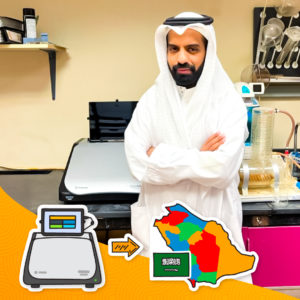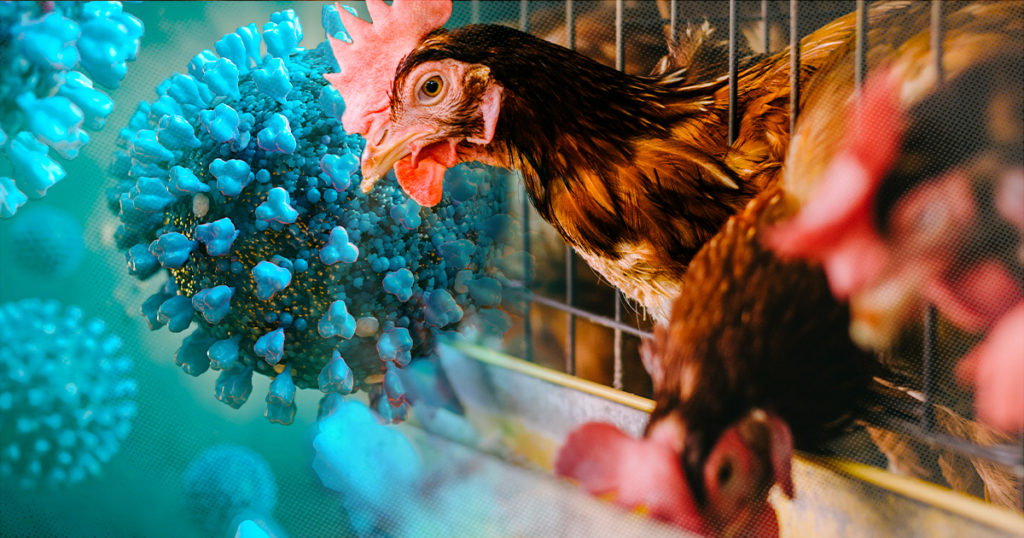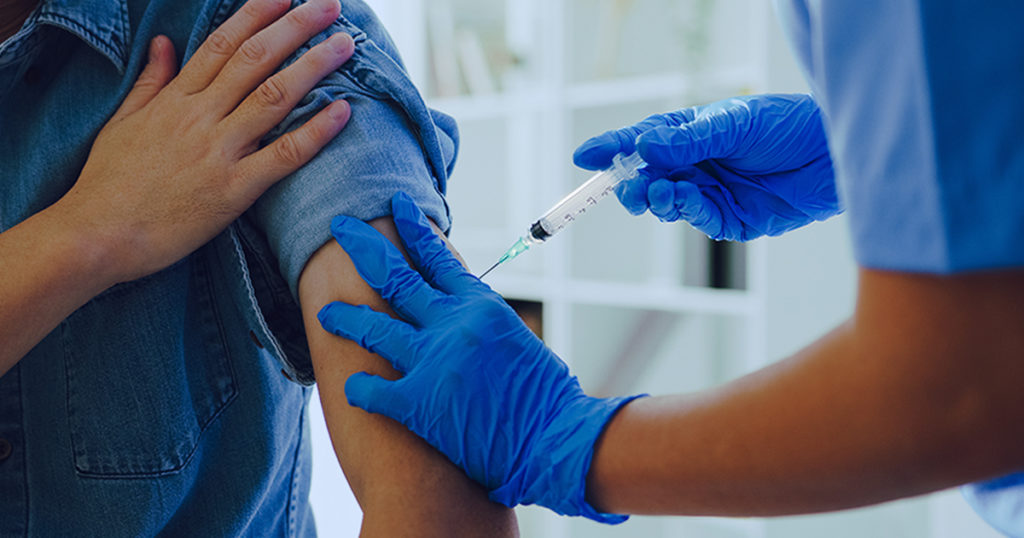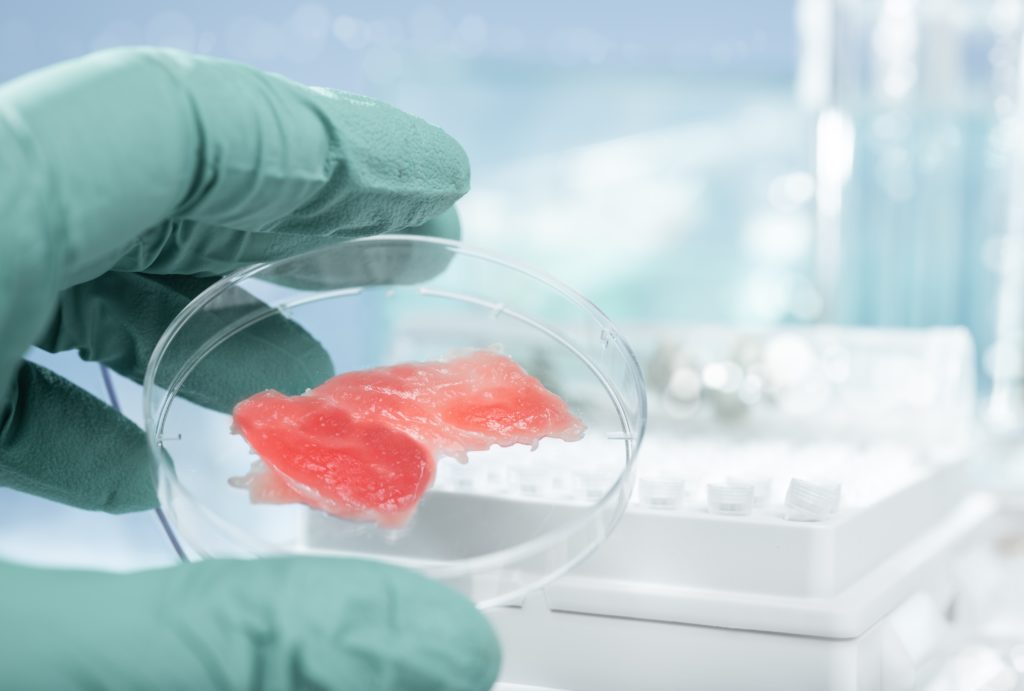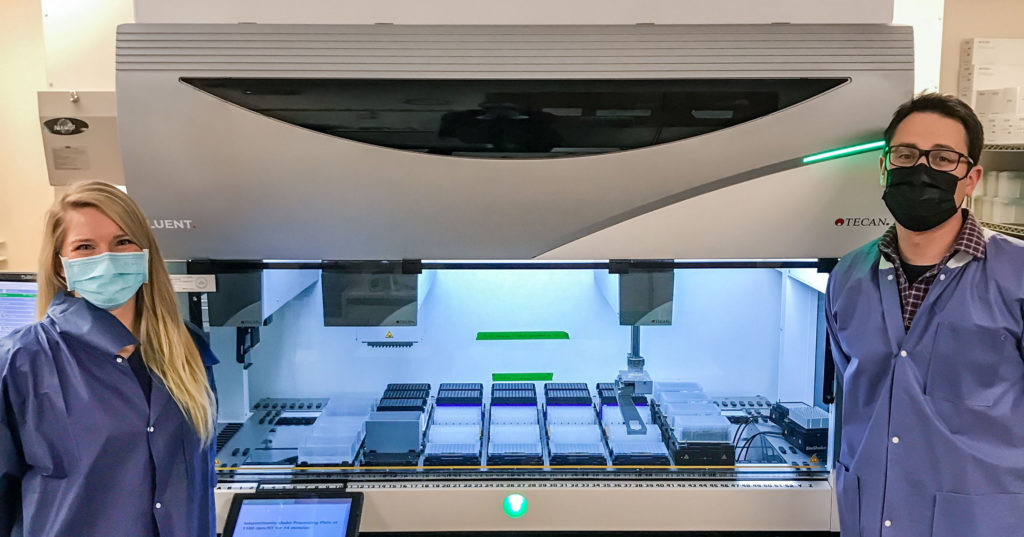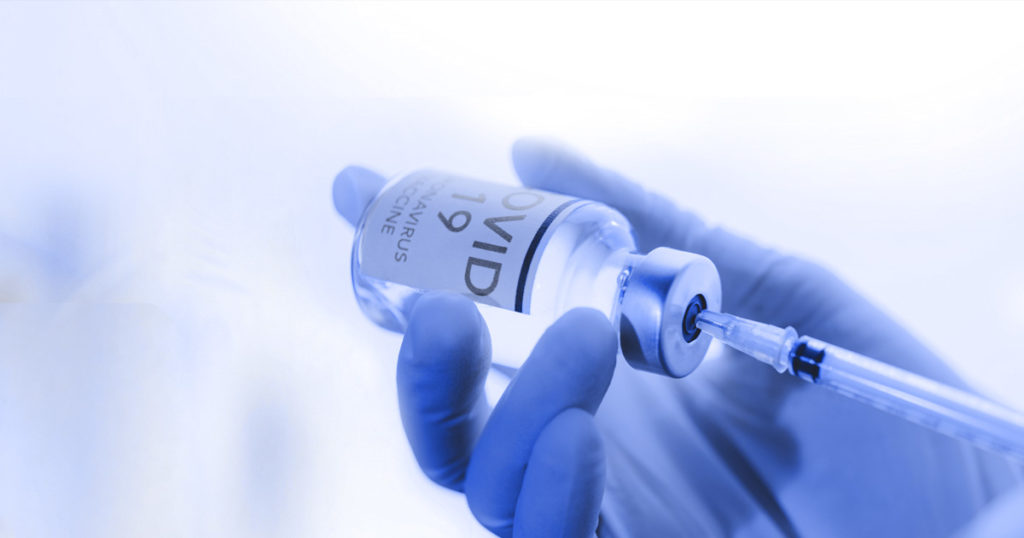Sustainability. Maybe it is your way of life, or you feel like it is a buzzword used and abused. Perhaps you are tired of hearing about it or convinced that society doesn’t do enough. Well, welcome to Switzerland, the country of Heidi, of mountains and chocolate, and where many are passionate about their environment and fight to preserve it. The team of Promega Switzerland is no exception. Take the General Manager, Mauro Ciglic, for example. He is someone who cares about people, nature, and the environment in the broadest sense. For him, sustainability is an attitude. It’s about questioning one’s lifestyle, behaviors, and habits, reflecting on what one can do personally, and continuously challenging oneself to be and do better for others and the environment. Mauro is aware that economic, social, and environmental aspects are intertwined and that changes in the environment, good or bad, directly impact people, thus society at large. As the person responsible for the Swiss Branch of Promega, Mauro can bring positive change using the company’s financial strength and workforce. He focuses on the opportunities and not the challenges and, with the team, works hard to bring concrete solutions.
Continue reading “Small Wins, Personal Commitment and Concrete Solutions Add Up to Big Victories in Sustainability”“One of the hardest things for people to wrap their heads around tends to be the idea that small wins add up to big victories. However, if we want to make a big difference for the future of our planet and its people, we have to overcome our indifference towards so many small things in life.”
– Mauro Ciglic, General Manager, Promega Switzerland

